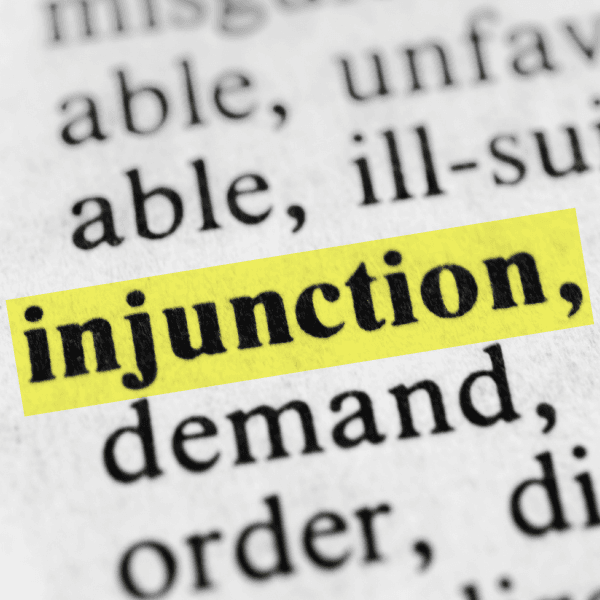
Injunction Junction
Orders of Protection carry civil and criminal weight—know your rights and defenses.
Orders of Protection carry civil and criminal weight—know your rights and defenses.
Orders of Protection are a unique legal tool. They are civil, yet they carry serious criminal consequences. They are not strictly family law matters, but they often involve custody, visitation, and child support. However you categorize them, if you are served with an Order of Protection, you must take it seriously.
An Order of Protection is a civil injunction designed to address the complexities of family situations. Typically, the process begins when someone petitions for an Emergency Order of Protection. At the hearing, the petitioner must prove an immediate and present danger of harassment or abuse. The court must find that the petitioner has been abused or harassed by a family or household member. Importantly, the abuse does not need to be physical.
If granted, the Order of Protection prohibits the respondent from harassment, intimidation, interference with personal liberty, physical abuse, or willful deprivation. It also includes a stay-away order. Petitioners may request exclusive possession of a residence, protection of personal property, restrictions such as preventing child removal or access to records, and even protection of pets. The order also requires the turnover of any firearms.
However, an Emergency Order of Protection cannot include counseling, legal custody, child support, or monetary compensation. To obtain an Emergency Order, the petitioner must file a verified complaint, and a judge must decide there is cause to proceed without notifying the respondent. If granted, the order can last up to 21 days, during which a hearing must be held for either an interim or plenary order.

An Interim Order of Protection can last for up to 30 days. A Plenary Order of Protection, on the other hand, can last up to two years and may include counseling, custody, support, or reimbursement of financial losses.
If you are served with an Order of Protection, consult an attorney immediately. While it is a civil injunction, violating it can result in arrest—even if the petitioner initiates contact. You must fully understand the restrictions and consequences.
There are several ways to challenge or modify an order. Since these are civil proceedings, you are entitled to a hearing where the rules of evidence apply. A skilled attorney can dispute false allegations, prevent overreach, and defend your rights. For example, they can argue against improperly including children in the order or show inconsistencies in the petitioner’s claims.
Sometimes, an attorney can incorporate the Order of Protection into broader family law proceedings. Petitioners may try to use emergency orders to gain property rights or advantages better handled in other legal forums.
The attorneys at Harter & Schottland are experienced litigators who can defend you against an Order of Protection. Consultations are free, but time is critical. If you are served with an Order of Protection, call immediately.
For a complete reading of the law applicable to Orders of Protection, click here.
The post Injunction Junction appeared first on Harter & Schottland.
